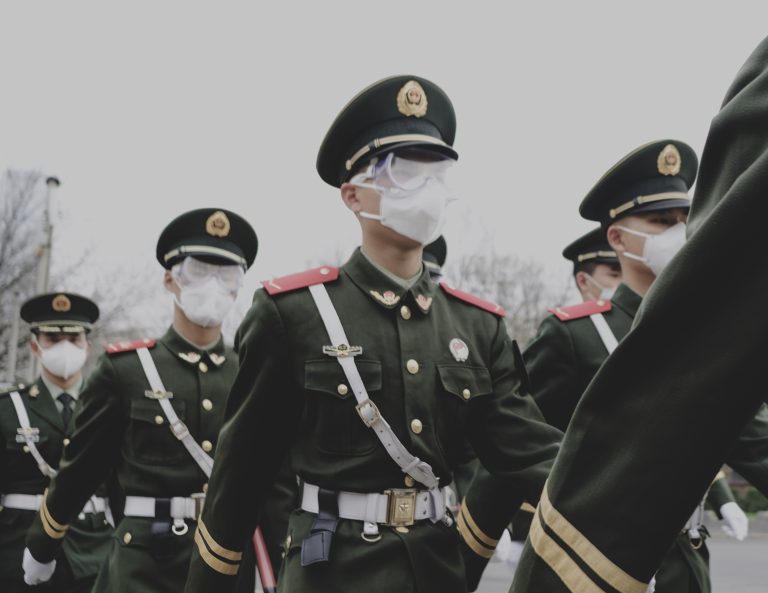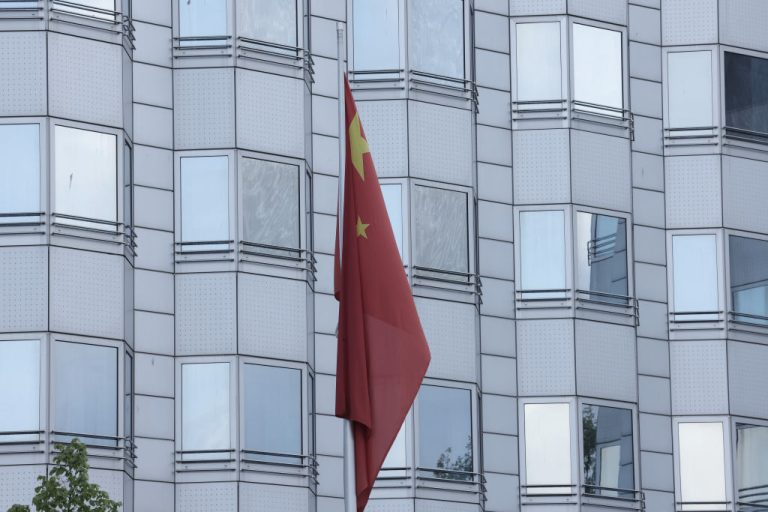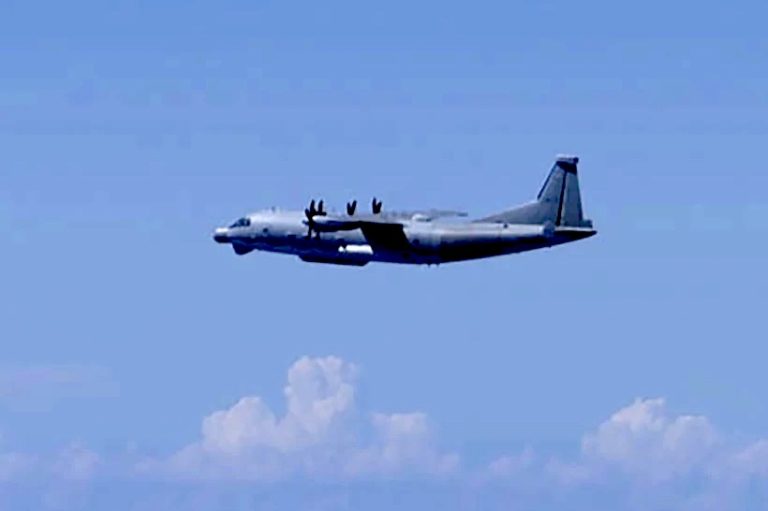In the coming months, Chinese leader Xi Jinping could establish a powerful agency that combines Communist China’s secret police and intelligence forces — reminiscent of the former Soviet Union’s KGB and its predecessor created by dictator Josef Stalin.
According to a report by Hong Kong newspaper Ming Pao, the coming round of Chinese Communist Party (CCP) and state institutional reforms this March will include the creation of a Central Internal Affairs Commission (中央內部委員會, CIAC).
The CIAC will have control over the two existing Ministry of Public Security (MPS) and Ministry of State Security (MSS) — the top-level police and intelligence organs of the People’s Republic of China — and will report directly to the Communist Party central authorities.
As such, the two security ministries will no longer be under the jurisdiction of the State Council (which serves as the PRC’s central government), but instead come under the direct command of the CCP.
Ming Pao reports, citing internal sources in the Chinese regime, that current public security minister Wang Xiaohong will head the CIAC.
Success
You are now signed up for our newsletter
Success
Check your email to complete sign up
Wang is an ally of Xi Jinping, having become Party secretary of the MPS last June.
A ‘Chinese KGB’?
While the specific claims made by Ming Pao are difficult to verify, the CCP does typically plan major institutional reforms in the early months following a Party Congress, and unveil them at the “Two Sessions” in early spring.
The 20th Central Committee held its second plenary session from Feb. 26 to Feb. 28, where delegates reviewed and accepted a reform plan approved days earlier by the 25-man Politburo.
Should the Party create the CIAC, its scope of operations would look very similar to that of Russia’s Ministry of Internal Affairs.
Various commentators have further compared the prospective role of the CIAC to that of the Soviet KGB, which is the Russian acronym for “Committee for State Security.” The KGB was responsible for both internal control and spying on foreign countries, and was along with the military one of the most powerful organizations in the Soviet Union apart from the Communist Party itself.
A major predecessor to the KGB was in turn the feared NKVD, or People’s Commissariat of Internal Affairs. Under dictator Josef Stalin, the NKVD carried out his repressions responsible for the deaths of millions, including the Great Terror of the late 1930s and ran the infamous Gulag concentration camps. It even boasted its own military units, which enforced Party control over the regular Soviet army during World War II.
According to political risk consultancy SinoInsider, one use of the CIAC could be to reinforce Xi Jinping’s rule against possible unrest in the event of “an irrevocable breakdown of Sino-U.S. relations, a PLA invasion of Taiwan, or a global war,” any of which could cause Communist China to sink back into isolation.
“By establishing agencies that would enable the regime to transition to a full police state, the Xi leadership would be better positioned to mercilessly crush any political opposition and suppress protests,” SinoInsider wrote in a Feb. 27 newsletter.
In the financial realm, the CCP is looking to revive the Central Financial Work Commission, a policy-setting body that existed between 1998 to 2003, as reported by The Wall Street Journal.
If restored, the Commission will serve a comparable function to the prospective CIAC of consolidating all financial regulatory matters under a single authority. Ding Xuexiang, a Xi ally and new Politburo Standing Committee member (one of seven men who control the CCP), as well as premier-in-waiting Li Qiang, are potential candidates to oversee the commission’s operations.
Political restructuring, factional intrigue
While the Chinese government is de facto controlled by the CCP, changes to the Party and state institutions are still noteworthy because of how they affect the chains of command inside the regime.
Currently, China’s police, prosecutors, and courts are overseen by a Party organization called the Political and Legal Affairs Commission (PLAC).
According to SinoInsider, one possibility is that Xi Jinping intends the Internal Affairs Commission as a counterweight to — and eventual replacement for — the PLAC.
Numerous senior officials in the PLAC have been purged during Xi’s 10 years in power; the organization itself came to prominence in the 2000s, when the faction of late Chinese regime leader Jiang Zemin was dominant.
The CIAC “could eventually pave the way for the further weakening of the Central Political and Legal Affairs Commission,” SinoInsider wrote, while cautioning against undue speculation about the CIAC’s functions until its existence is confirmed by the Party authorities.
But in the early stages, the CIAC could simply check the PLAC’s influence. This would make it similar to the secret police system in the Ming Dynasty, which ruled China from 1368 to 1644. The imperial security forces were divided into two rivaling agencies, dubbed the Eastern and Western Depots.
The two Depots battled with each other as they carried out their mission of investigating and suppressing dissidents, and became symptomatic of the Ming dynasty’s spiraling dysfunction.







